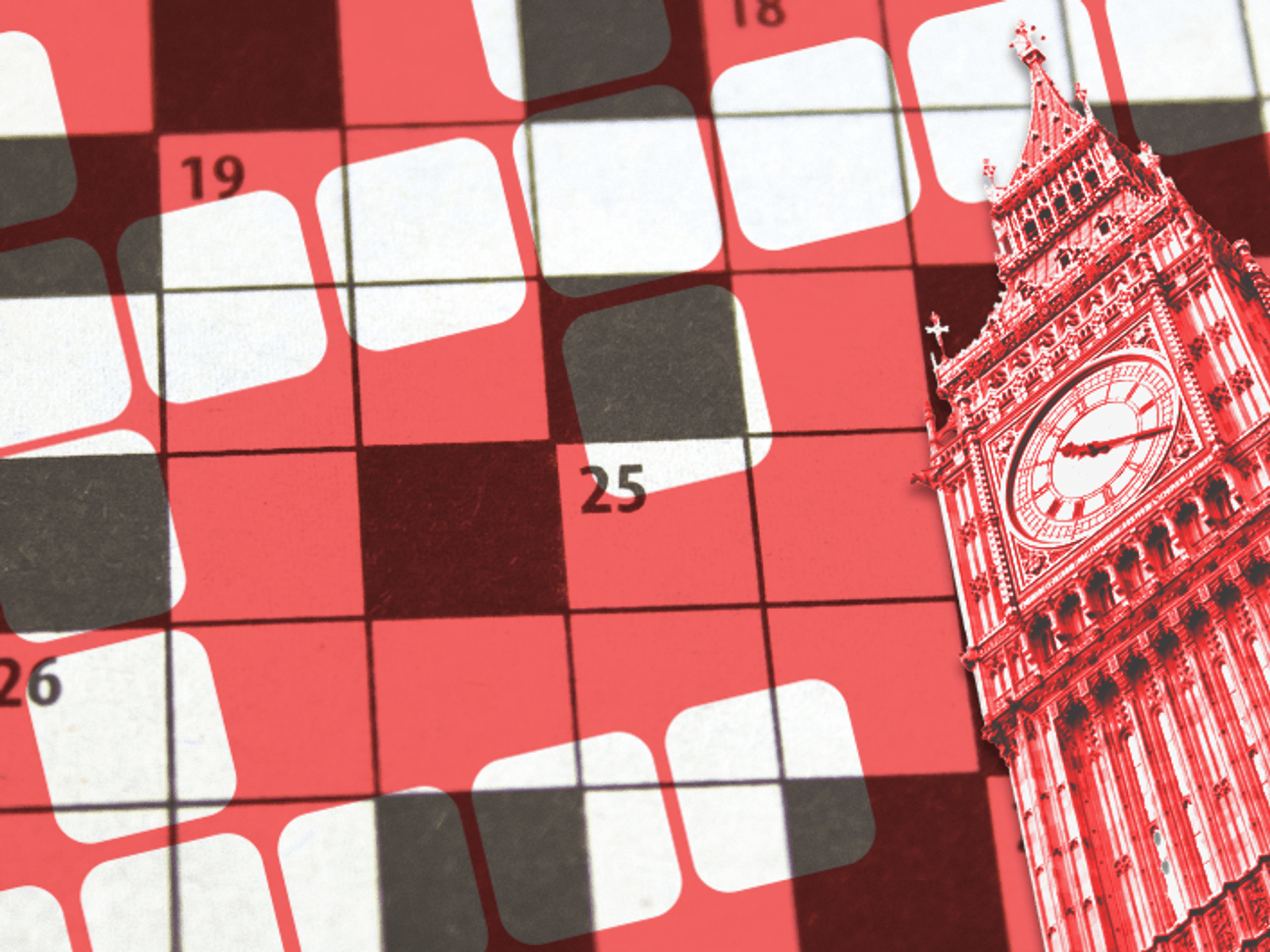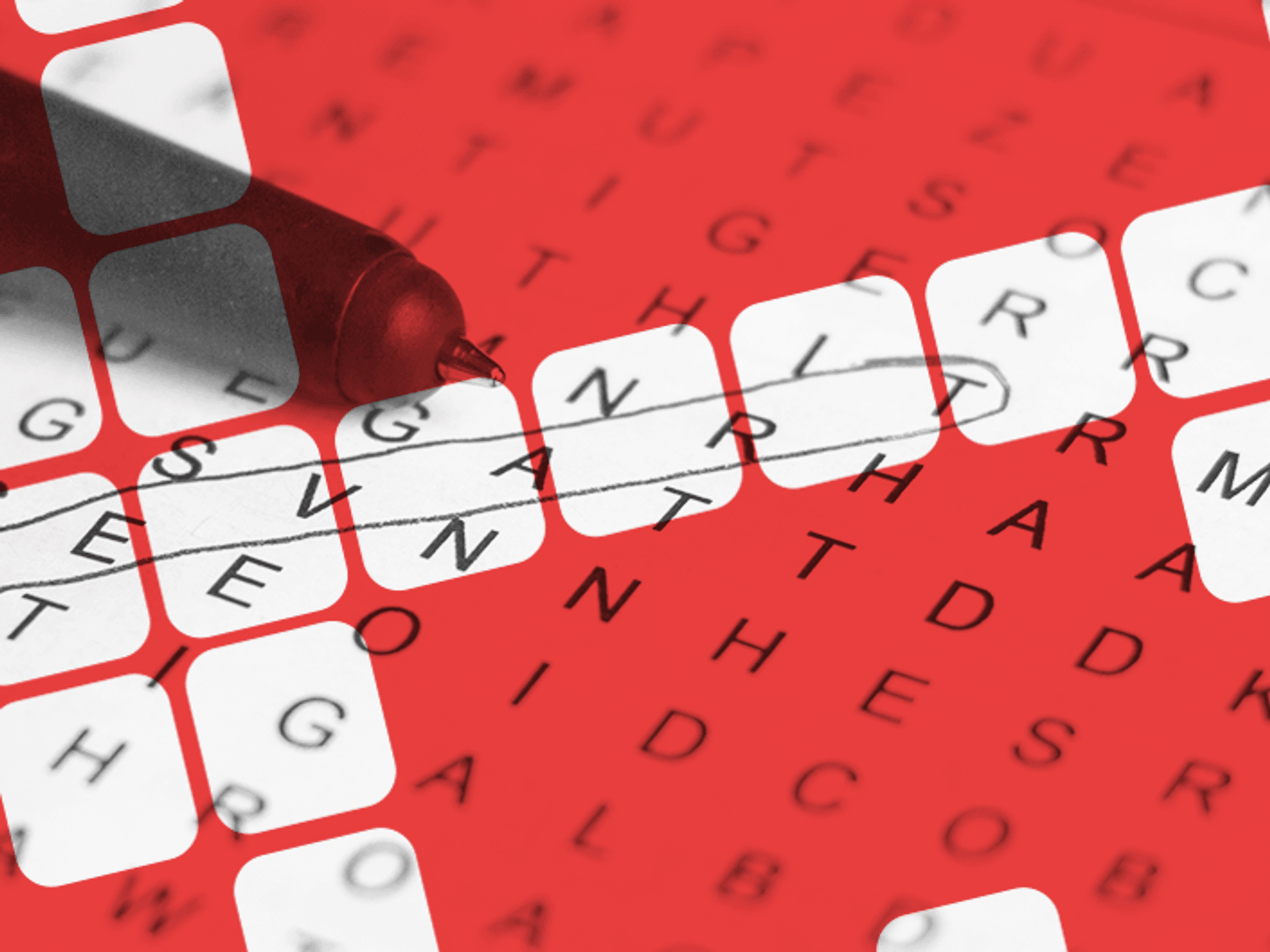Most reliable and unreliable cars on UK roads ranked - Mini, Audi, Mercedes, VW and more
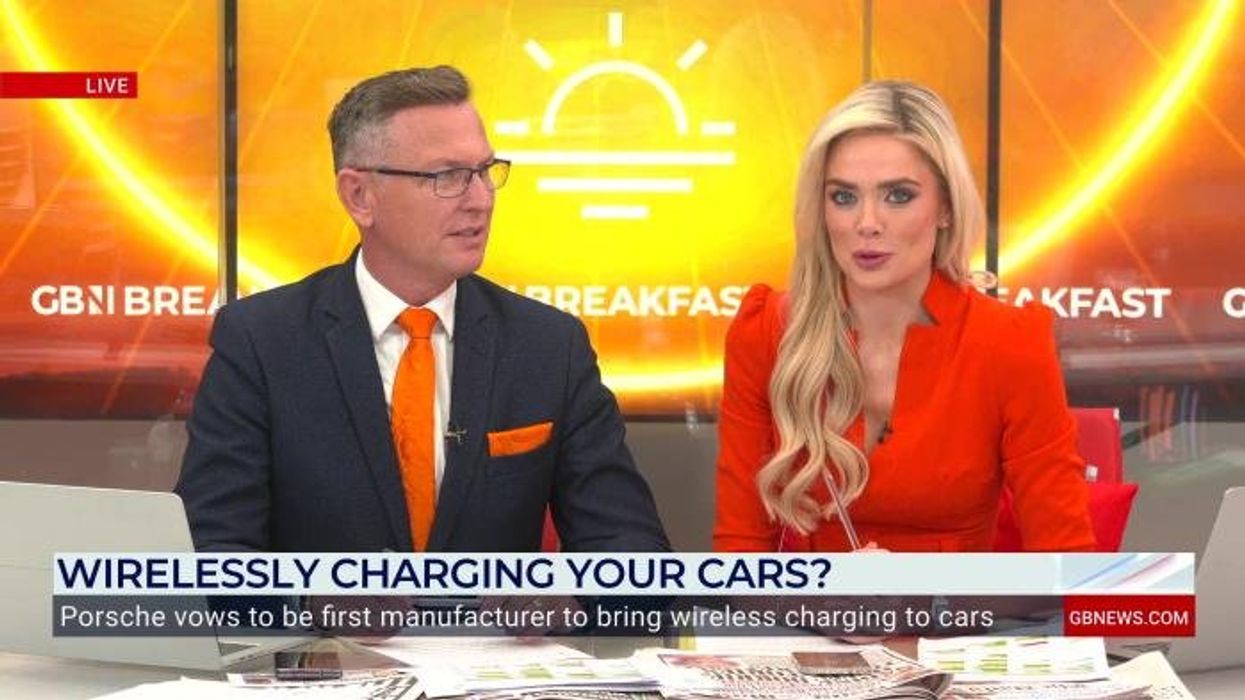
WATCH: Motoring expert Quentin Willson on Porsche launching wireless electric car charging
|GB NEWS

Almost all repairs listed by participants were fixed for free
Don't Miss
New research has revealed the most reliable and unreliable vehicles on the road across the country, with an impressive four cars all scoring a perfect 100 per cent rating.
New rankings from What Car? have revealed that the Hyundai i10, Hyundai Santa Fe, Kia EV3 and Toyota GR Yaris all achieved a perfect reliability ranking.
The ratings were handed out based on the experiences of 32,493 owners over the last two years, with respondents detailing the number and nature of any faults, how much they cost to fix and how long the cars were off the road for.
The data found that 95 per cent of cars which needed to be repaired were fixed for free, up from 82 per cent last year. Despite this, 1.4 per cent of owners were left with cars of more than £1,500 per fault.
The What Car? Reliability Index found that the four vehicles tied for first did not have any common faults, had no repair costs and did not spend any time off the road.
The Toyota Aygo X, which achieved a very respectable score of 99.7 per cent, only had a few faults, with three per cent of owners noting bodywork repairs. However, these were free and only took a few hours to repair.
Honda was ranked as the most reliable car brand, scoring an impressive 96.6 per cent, with drivers highlighting the Jazz, HR-V and Civic models for low fault rates and repair costs.
Rebecca Adamson, head of automobile at Honda Motor Europe (UK), said it was "an incredible achievement". She added: "Reliability is a cornerstone of our brand, and this recognition reflects the trust our customers place in us. In 2025 and beyond, we remain committed to delivering vehicles that not only inspire but also stand the test of time."
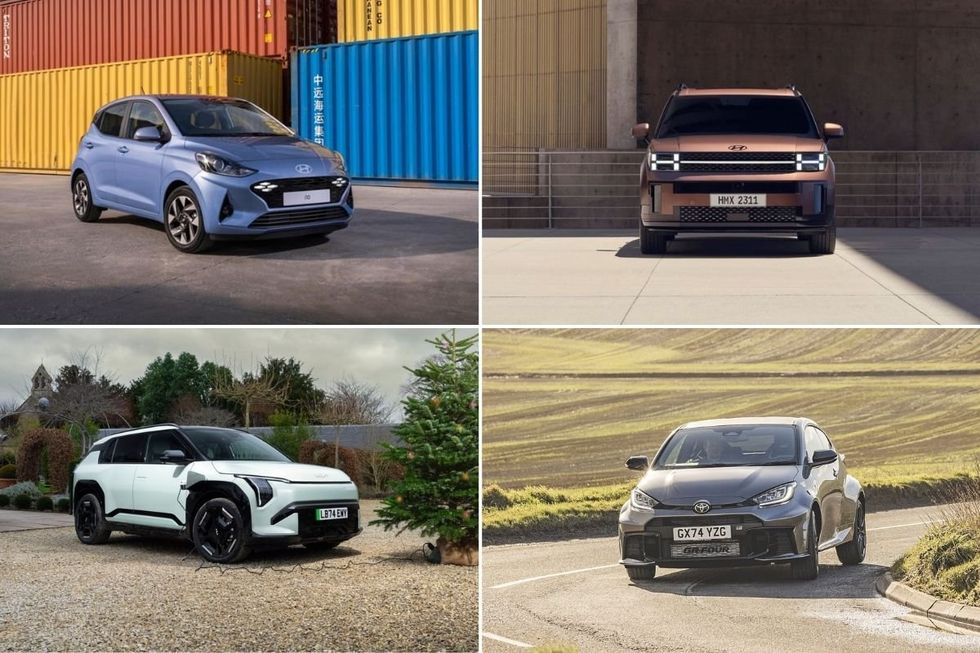
Four vehicles were tied for first place as the most reliable cars on the road
|HYUNDAI/KIA/TOYOTA
What Car's top 10 most reliable cars
=1. Hyundai i10 (2020-present) - 100 per cent
=1. Hyundai Santa Fe (2018-2024) - 100 per cent
=1. Kia EV3 (2024-present) - 100 per cent
=1. Toyota GR Yaris (2016-present) - 100 per cent
5. Toyota Aygo X (2021-present) - 99.7 per cent
6. Vauxhall Grandland petrol (2024-present) - 99.6 per cent
7. Toyota RAV4 (2019-present) - 99.2 per cent
8. Mini hatchback (2014-2024) - 99.1 per cent
=9. Volkswagen T-Roc (2018-2025) - 99.0 per cent
=9. Porsche Macan (2021-present) - 99.0 per cent
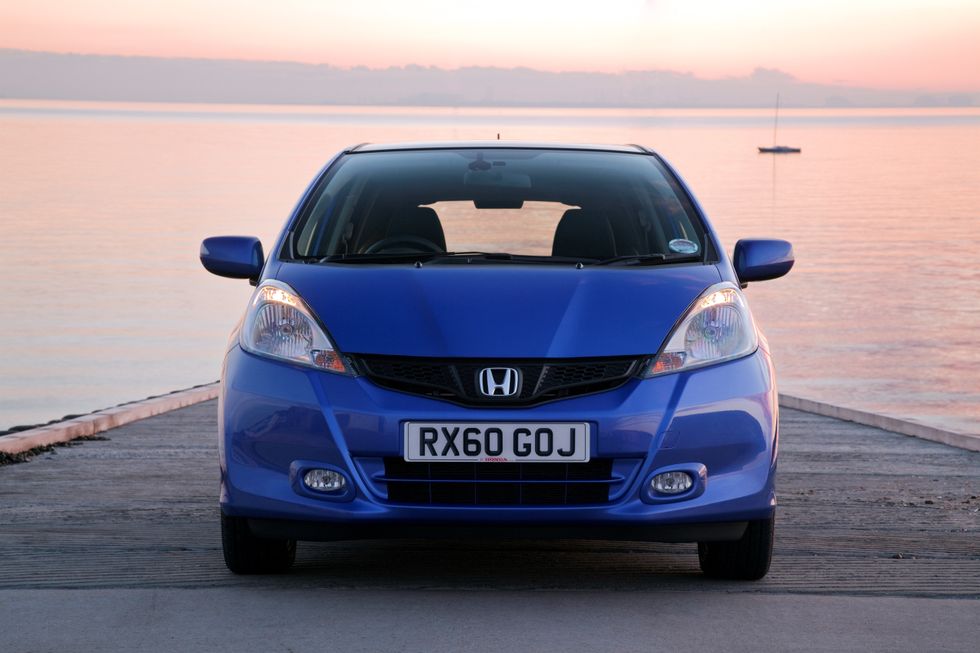
Honda was ranked as the most reliable car brand by more than 30,000 drivers
| HONDALATEST DEVELOPMENTS:
- Drivers of popular vehicles could be slapped with 'Land Rover tax' as major UK city plans new parking charges
- Renault and Dacia car owners warned of stolen personal data from cyber attack with UK drivers impacted
- Electric car sales soar to record heights as Labour claims victory for launching £650million EV grant
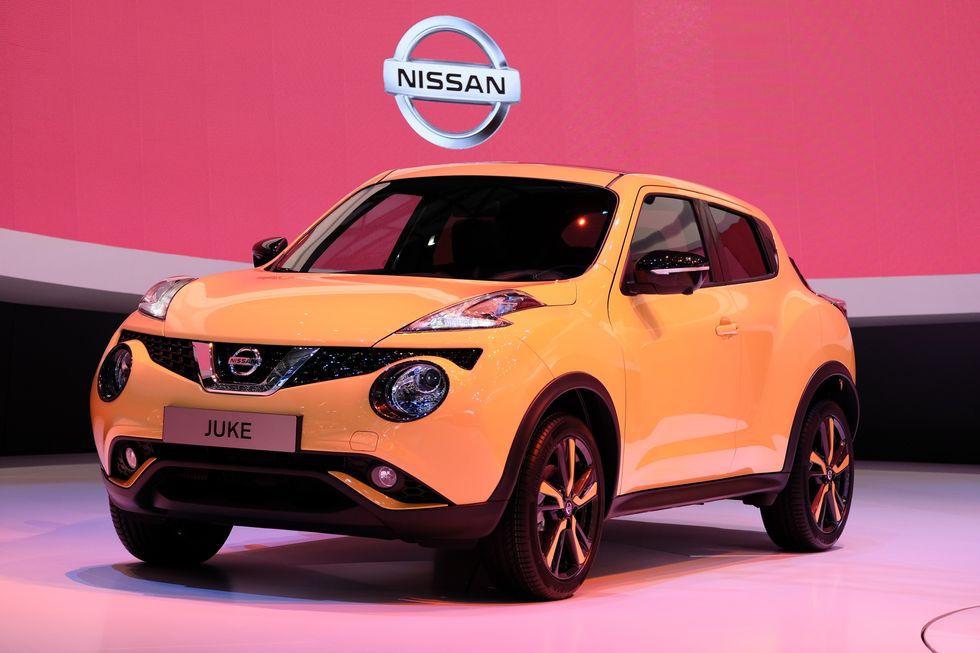
The Nissan Juke was ranked as the most unreliable vehicle in the Reliability Index
| NISSANOn the other end of the spectrum, the petrol-fuelled Nissan Juke was ranked as the most unreliable vehicle on the Reliability Index with a rating of just 55.2 per cent.
Common issues included the 12-volt battery (12 per cent), engine (12 per cent), fuel system (six per cent), and non-engine electrics (also six per cent).
While around one-third of faults were repaired for free, 60 per cent of issues set drivers back more than £1,500, with 64 per cent of issues forcing the car to be off the road for more than a week.
One owner of a Nissan Juke said: "My car has been completely unreliable. It has failed twice and I now feel it is beyond repair."
What Car's top 10 most unreliable cars
1. Nissan Juke (2019-present) - 55.2 per cent
2. Volkswagen Tiguan (2024-present) - 64.2 per cent
3. Kia Sportage (2016-2021) - 72.9 per cent
4. Mazda CX-60 (2022-present) - 76.2 per cent
5. Mercedes C-Class (2021-present) - 76.3 per cent
6. Volvo S90 (2016-2023), V90 (2016-present) - 76.7 per cent
7. Audi Q7 (2015-present) - 78.6 per cent
8. Volkswagen ID 4 (2021-present) - 79.6 per cent
9. Hyundai Ioniq Electric (2016-2022) - 80.1 per cent
10. Renault Austral (2023-present) - 80.4 per cent








